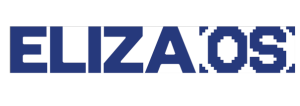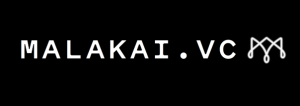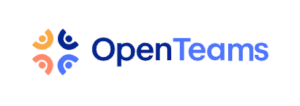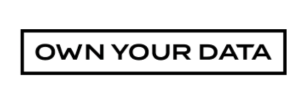
Open Source AI Foundation Mission
The Open-Source AI Foundation (O-SAIF) is committed to transforming the landscape of artificial intelligence within civilian government agencies by advocating for the adoption of open-source AI systems. Our mission is to ensure that AI technologies employed in public sectors are transparent, publicly auditable, and aligned with the principles of democracy and constitutional rights.
Our Core Objectives:
- Mandate Open-Source AI in Government Procurement: We strive to implement policies that require civilian government agencies to prioritize open-source AI solutions in their procurement processes. This approach fosters innovation, reduces costs, and prevents vendor lock-in, ensuring that public funds are utilized effectively.
- Establish Transparency Standards: Transparency is the cornerstone of public trust. We work towards setting rigorous standards that compel AI systems used in public services to be open to scrutiny, allowing citizens and oversight bodies to fully understand and evaluate AI decision-making processes.
- Create Accountability Frameworks: To uphold civil liberties, it’s imperative that AI systems are accountable. We advocate for frameworks that facilitate the identification and correction of biases in algorithms, ensuring compliance with civil rights and privacy regulations.
- Promote Public Awareness and Education: An informed public is essential for the ethical deployment of AI. We engage in initiatives to raise awareness about the significance of AI oversight, educating citizens on the benefits of open-source AI and the risks associated with proprietary, closed systems.
- Develop Ethical AI Policy Recommendations: Collaborating with policymakers, technologists, and civil society, we formulate comprehensive policy recommendations that guide the ethical development and deployment of AI technologies in government operations.
Challenges with Closed-Source AI Systems:
Closed-source AI solutions often present significant challenges, including:
- Lack of Auditability: Proprietary systems restrict access to their internal workings, making it difficult for oversight bodies to inspect and understand AI decision-making processes fully. This opacity can obscure biases and hinder the correction of systemic issues.
- Security Vulnerabilities: Without public scrutiny, hidden security flaws in closed-source systems may go undetected, posing risks to sensitive government data and operations. Dependence on private vendors for critical updates can further exacerbate these vulnerabilities.
- Cost and Vendor Lock-In: Reliance on proprietary software can lead to ongoing licensing fees and make it challenging to switch vendors due to proprietary formats. This dependency limits competition and can result in inefficient use of public resources.
By championing open-source AI, O-SAIF aims to address these challenges, promoting systems that are not only innovative and cost-effective but also uphold the democratic values of transparency, accountability, and public trust.
Partners






